A lot of people think that dementia and Alzheimer’s are synonymous, but Alzheimer’s is just one condition that can cause dementia. Dementia is a descriptive term that covers impaired memory and the loss of other cognitive abilities.
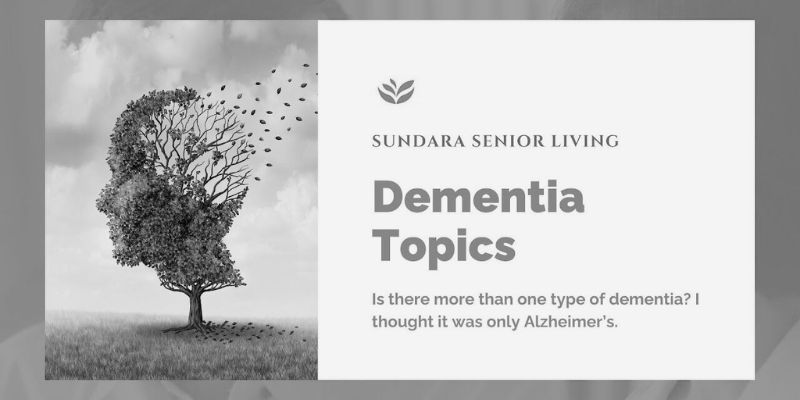

A lot of people think that dementia and Alzheimer’s are synonymous, but Alzheimer’s is just one condition that can cause dementia. Dementia is a descriptive term that covers impaired memory and the loss of other cognitive abilities.
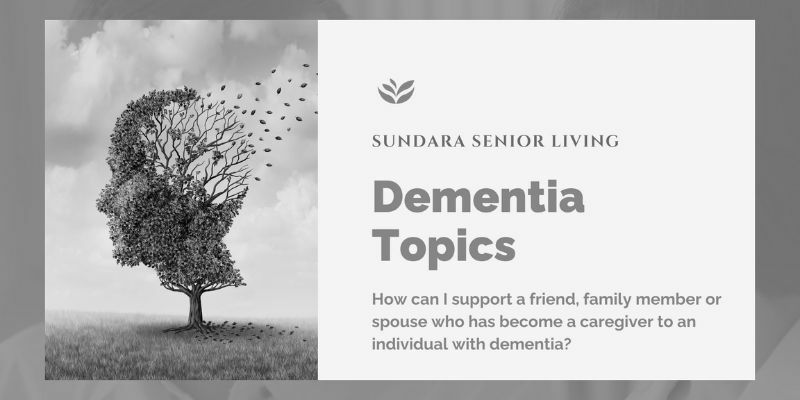
Becoming a family caregiver for someone with dementia is a big life change. If someone in your life has become a family caregiver, here are 10 ways you can support them during this transition.
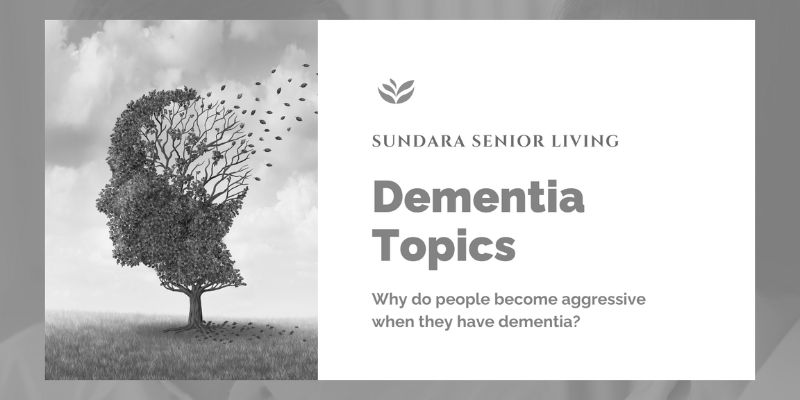
Sometimes, a person has always been forceful or aggressive and they’re simply continuing this behavior, but that’s often not the case. So when someone you’ve known for years to be a kind and gentle person suddenly becomes mean or violent, it can be a huge emotional shock.
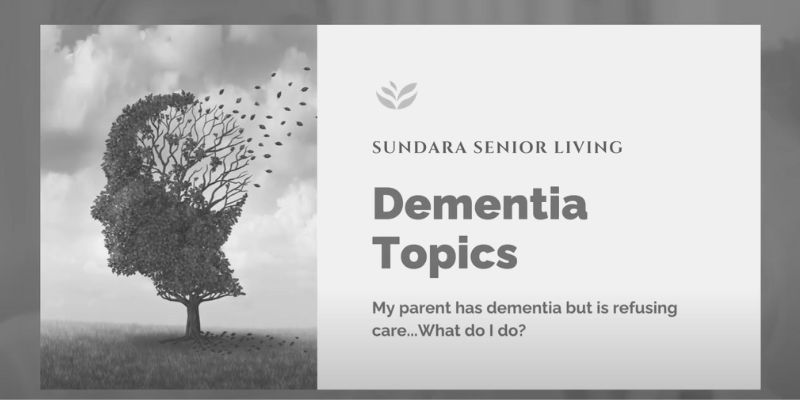
One of the challenges that many people caring for a parent with dementia face at some point is their parent’s refusal to accept care. When this happens to you, it might feel like your parent just wants to be difficult, but this resistance actually comes from the symptoms of dementia and the accompanying impaired mental functions. What comes off as stubbornness is often confusion, fear, stress or anxiety. It’s a frustrating experience, to be sure, but there are a few steps you can take to alleviate your parent’s concerns and make caregiving a more positive experience for you both.

Loving someone with dementia can be so difficult at times. It’s hard to remember on the ‘bad’ days, but they are still capable of feeling love, purpose, fulfillment and joy. The affection that they can show demonstrates how powerful human emotion is, even overcoming cognitive decline. There is joy beyond the diagnosis, not just gloom, and that’s true for you, your loved one and the entire family.
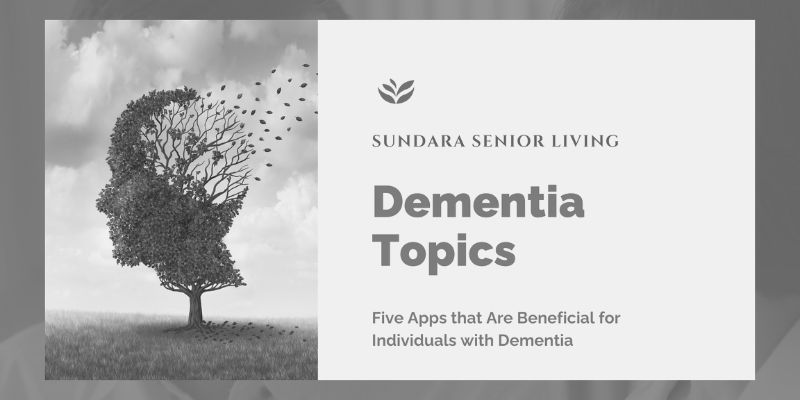
Caregivers have been using technology to help care for individuals with dementia for years. Things like digital reminders, alarm clocks that display the current date and time in large numbers and automatic pill dispensers can be very helpful to both caregivers and their loved ones. And as technology advances, so do dementia caregiving solutions.
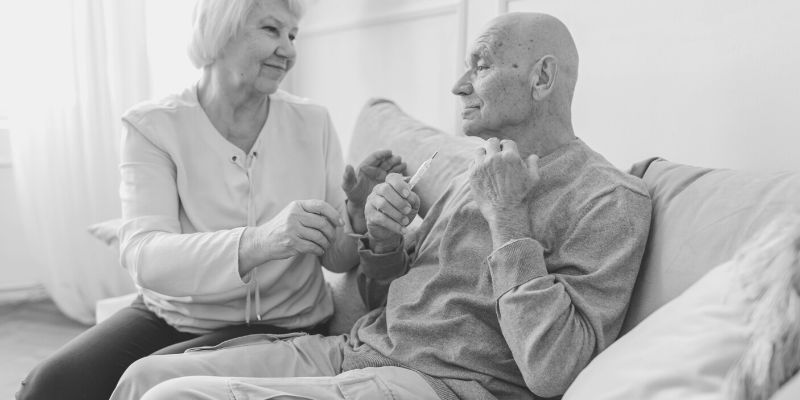
Caring for a parent, spouse or another family member with dementia isn’t always easy, and it’s even more complicated if your loved one is living with both dementia and another chronic illness, like cancer or diabetes. How do you manage it all – the practical day-to-day things, as well as the emotional impacts of a situation like this? And where can you find help here in the Round Rock, Texas area?
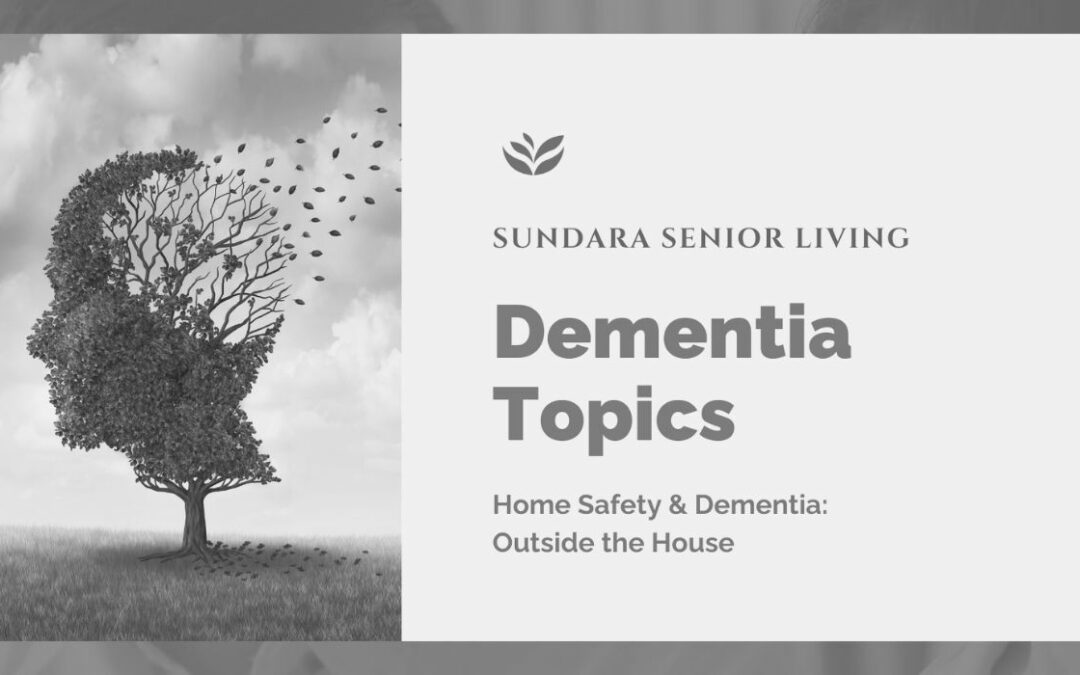
Your loved one’s level of safety in and around the home depends on several factors, like if they’re still independent, can still drive & if they need 24/7 care.